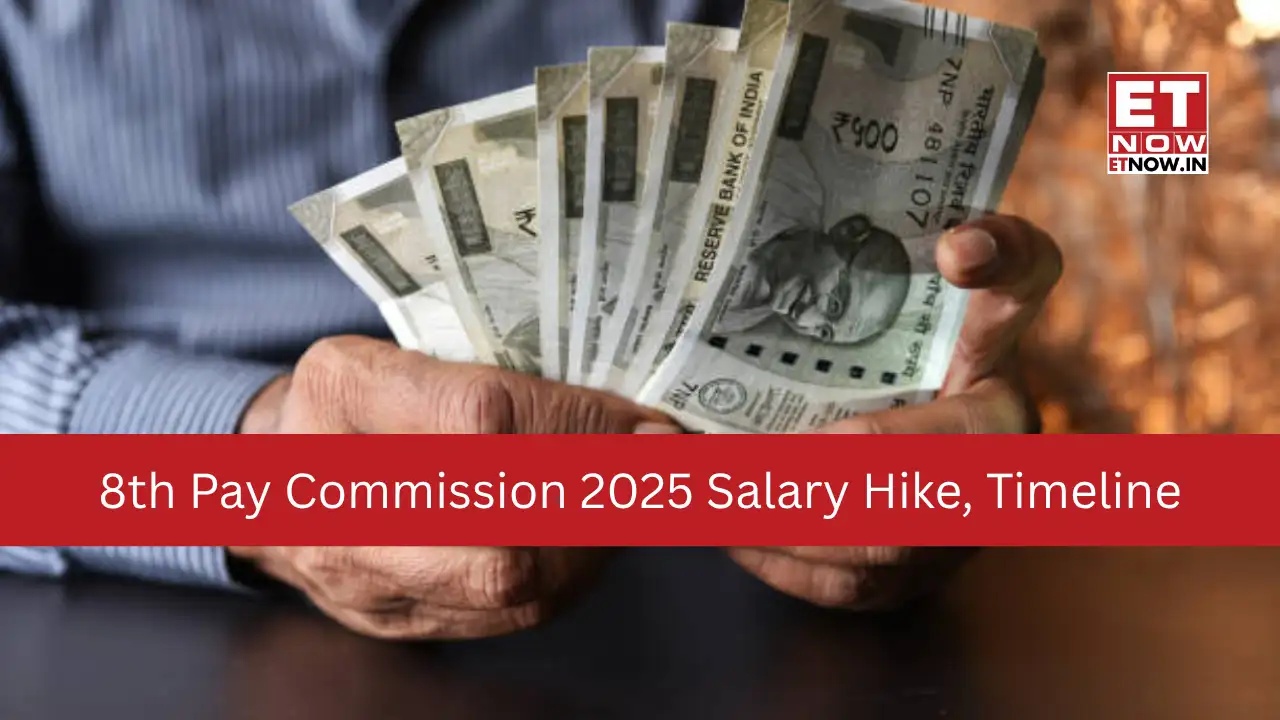
Expected Salary Boost for Central Government Employees
The 8th Pay Commission is poised to deliver a significant salary increase for over 36 lakh central government employees and pensioners, with projections indicating a 30-34% hike. This development, highlighted in a report by Ambit Capital, aims to address long-standing concerns about purchasing power and inflation. The proposed adjustment would benefit approximately 11 million beneficiaries, including active employees and retirees, marking a stark contrast to the 14% increase from the 7th Pay Commission. The revised pay structure is expected to take effect on January 1, 2026, offering a substantial financial uplift to those in the public sector. This move is anticipated to stimulate consumption and provide much-needed relief to employees facing rising living costs. The commission’s decision reflects a strategic effort to align salaries with current economic realities and ensure fair compensation for public servants.
Fitment Factor and Salary Calculation Methodology
A critical component of the 8th Pay Commission’s proposal is the fitment factor, which will determine how existing salaries are adjusted. According to Ambit Capital, the fitment factor is expected to range between 1.83 and 2.46, significantly higher than the 2.57 factor used in the 7th Pay Commission. This multiplier will be applied to the basic salary, potentially leading to a 30-34% increase. For instance, the minimum basic salary, which was raised to Rs 18,000 under the 7th Commission, could see a more substantial boost. The fitment factor’s range suggests a flexible approach, allowing for adjustments based on economic conditions and inflation rates. This methodology ensures that salary increases are both equitable and sustainable, addressing disparities in pay structures across different roles and seniority levels.
Implementation Timeline and Economic Implications
The 8th Pay Commission’s implementation is slated for the financial year 2026-27, following a projected timeline of 18-24 months for the process. This timeline allows for thorough evaluation and stakeholder consultations, ensuring the revised pay structure is both feasible and fair. The anticipated salary hike is expected to have a ripple effect on the economy, boosting consumer spending and potentially stimulating growth. Additionally, the merger of Dearness Allowance (DA) with basic salary is a notable change, aiming to simplify the compensation structure and provide more stable income for employees. The upcoming DA hike in July 2025 will further support this transition, ensuring employees are not adversely affected by inflation. This comprehensive approach to salary revision underscores the government’s commitment to enhancing the welfare of its employees while maintaining fiscal responsibility.
Broader Impact on Public Sector and Economy
The 8th Pay Commission’s proposed changes are expected to have far-reaching implications beyond individual employees. By addressing the disparity in pay structures and providing a more equitable salary increase, the commission aims to improve job satisfaction and retention within the public sector. This could lead to increased productivity and better service delivery, benefiting the broader population. Moreover, the enhanced purchasing power of employees is likely to stimulate local economies, as increased disposable income translates to higher consumer spending. The government’s focus on aligning salaries with inflationary pressures also signals a proactive approach to managing economic challenges. As the implementation date approaches, stakeholders across various sectors will be closely monitoring the outcomes, anticipating both the immediate financial benefits and long-term economic impacts of this significant reform.
Conclusion and Future Outlook
The 8th Pay Commission’s proposed salary hike represents a pivotal moment for central government employees, offering a substantial financial uplift and addressing long-standing concerns about compensation. The integration of the fitment factor and the merger of DA with basic salary signals a more streamlined and equitable approach to salary adjustments. As the implementation timeline unfolds, the focus will shift to ensuring a smooth transition and maximizing the benefits for all stakeholders. The anticipated economic boost from increased consumer spending underscores the importance of these reforms in fostering growth and stability. With the changes set to take effect in 2026, the public sector is poised for a transformative shift, setting a new benchmark for employee welfare and economic resilience.




